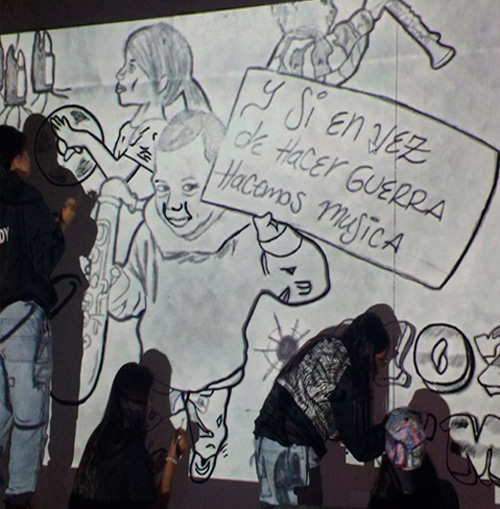competencies citizens are seeking to become people with ethical values, in order to meet their duties society generating coexistence in peace, progress and prosperity. This give us to political and democratic process giving participation with knowledge and cognitive, communicative and competitive skills to the society generating constructive democratic ethics policy, the execution environments and analytical and critical thinking to develop communication and group activities.
Evaluating the social State of rights and duties, seeing the Organization of the State, based on this I can argue seeing the strength of the evidence of political and socio-cultural problems identifying the interests of each of those involved (the citizens) and seeing the relationship of political, Cultural, economic and social, generating initiatives of national and international cooperation with educational environments by thinking about the youth of the country knowing thoroughly that the main component is the youth as a basis for the society, which brings us a, support of educational practices that develop pedagogies of learning political and democratic development to strengthen the citizenship skills.


Knowledge through communication and dialogue with support and development of technologies contributing to the improvement of collective work and creation of new socio-cultural contexts. Citizenship competencies should be taught and applied first in educational institutions through different programs that allow students to participate in our democratic system and, therefore, value it. This is the way for young people and children to have a good base of knowledge about democracy, how it works and how to apply it in an environment external to the institution, if it is a relationship with another person, with a common point to discuss.
Andrea Valbuena Bermudez
1 Comentario. Dejar nuevo
Citizen competencies** not citizenship as an adjective.
I think you shouldn’t use citenzenship as the adjective